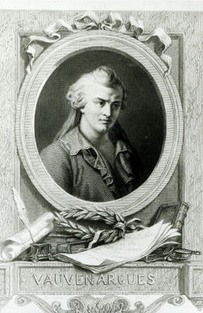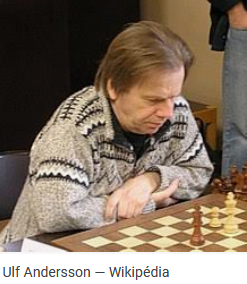Saboteurs do not give up. When they are not on strike, they are cracking down in other ways. At the St-Lazare station, line 13, I am told that the power is cut (sic!). A neighbour and his mobile phone quickly tell me that the passengers have been lied to, as usual. By way of a "breakdown", the metro is blocked because a passenger has "fallen on the track". Another lie: it was probably pushed by one of those nice boys of "Breton" origin, who like the owls sleep during the day, fly at night and belong to a protected species. One of those hard-working people who renew the car fleet with their passion for bonfires...
I don't like stagnant water. I got out of the train, I asked the rare non-striking
 attendant for a way to get to the Porte de Clichy. He replied: line 13. I replied: that's clever. So he sent me to line 12. That's how I ended up on the Butte Montmartre. With one important difference: instead of seeing the Sacré-Coeur, I had seen some bloody idiots. One consolation: in my Zarathustrian descent from the mountain, I passed by the rue Vauvenargues, and remembered that the famous Marquis de Clapiers had said it all about those humanoids who not only accept servitude, but end up desiring it.
attendant for a way to get to the Porte de Clichy. He replied: line 13. I replied: that's clever. So he sent me to line 12. That's how I ended up on the Butte Montmartre. With one important difference: instead of seeing the Sacré-Coeur, I had seen some bloody idiots. One consolation: in my Zarathustrian descent from the mountain, I passed by the rue Vauvenargues, and remembered that the famous Marquis de Clapiers had said it all about those humanoids who not only accept servitude, but end up desiring it.

Three helpmate: in the h#4, one solution seems more difficult than the other two. Two 2#, one of which is classic. Two 3#, also very different. End of the tribute to Lobusov with a long, little-known problem. Finally a surprising inverse of the great Kubbel. Solution of the last two on request.
A little juggling where a Bishop dominates a Rook (no relation with a certain September 11). A paradoxical gain by a great composer, also a player, composed as a consolation on the evening of a heavy defeat. Blindness of the whole audience and the speaker in the 4 Rf5? trial, where the ...Qe4? interposition simply fails on the exchange followed by Re8-e1. Finally, a not at all boring, but very spectacular Becker.


The game of the day shows a rampaging Cavalry defeating one of the best defenders of the last century. Note the way to improve the black game, demonstrated by the defender in question a quarter of a century later, but repeating with one less time a famous game played two years earlier!
See you, God willing, in a short month, on 30 November.
Have a good rest and enjoy the game.
AV
Add a comment